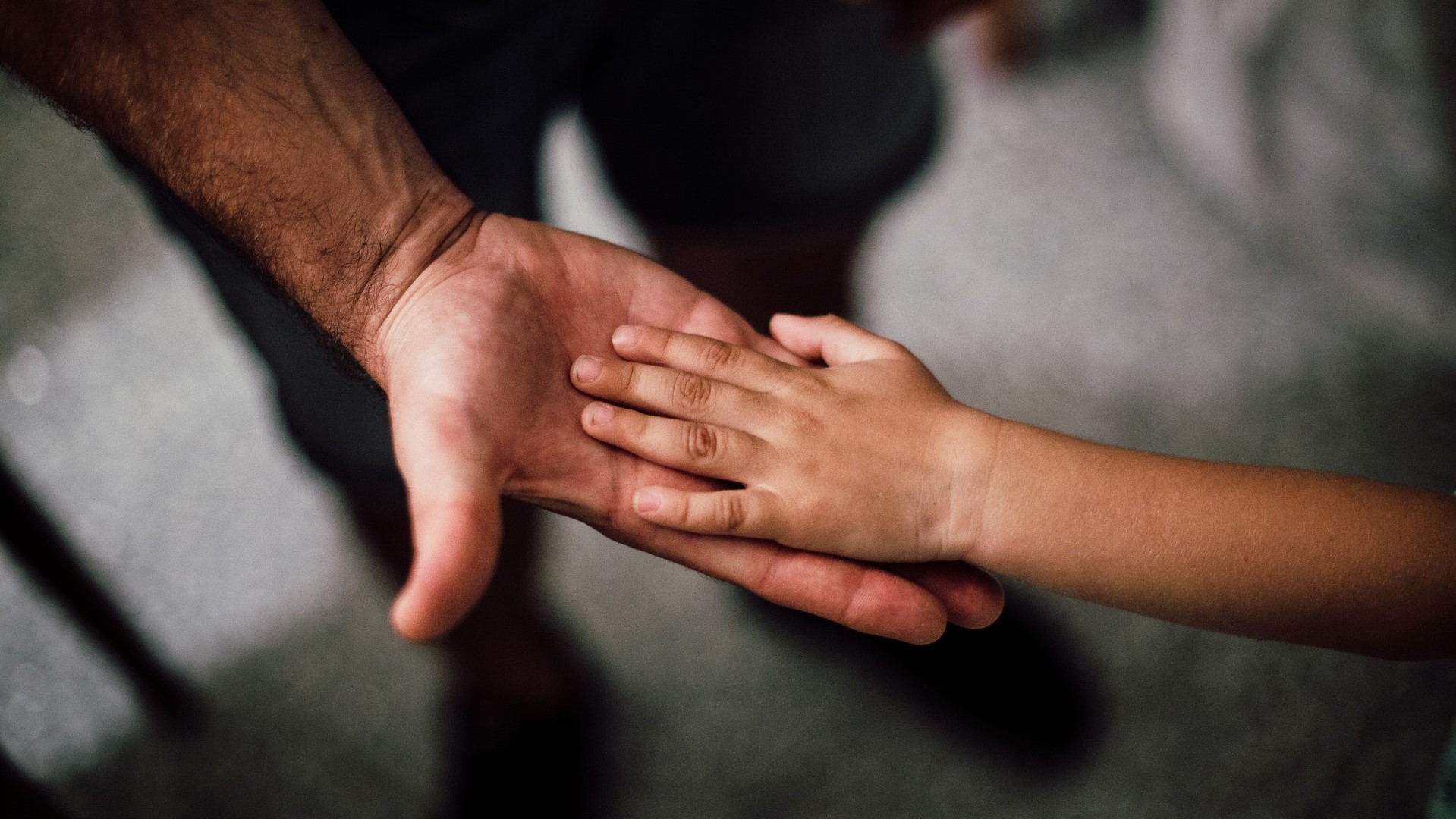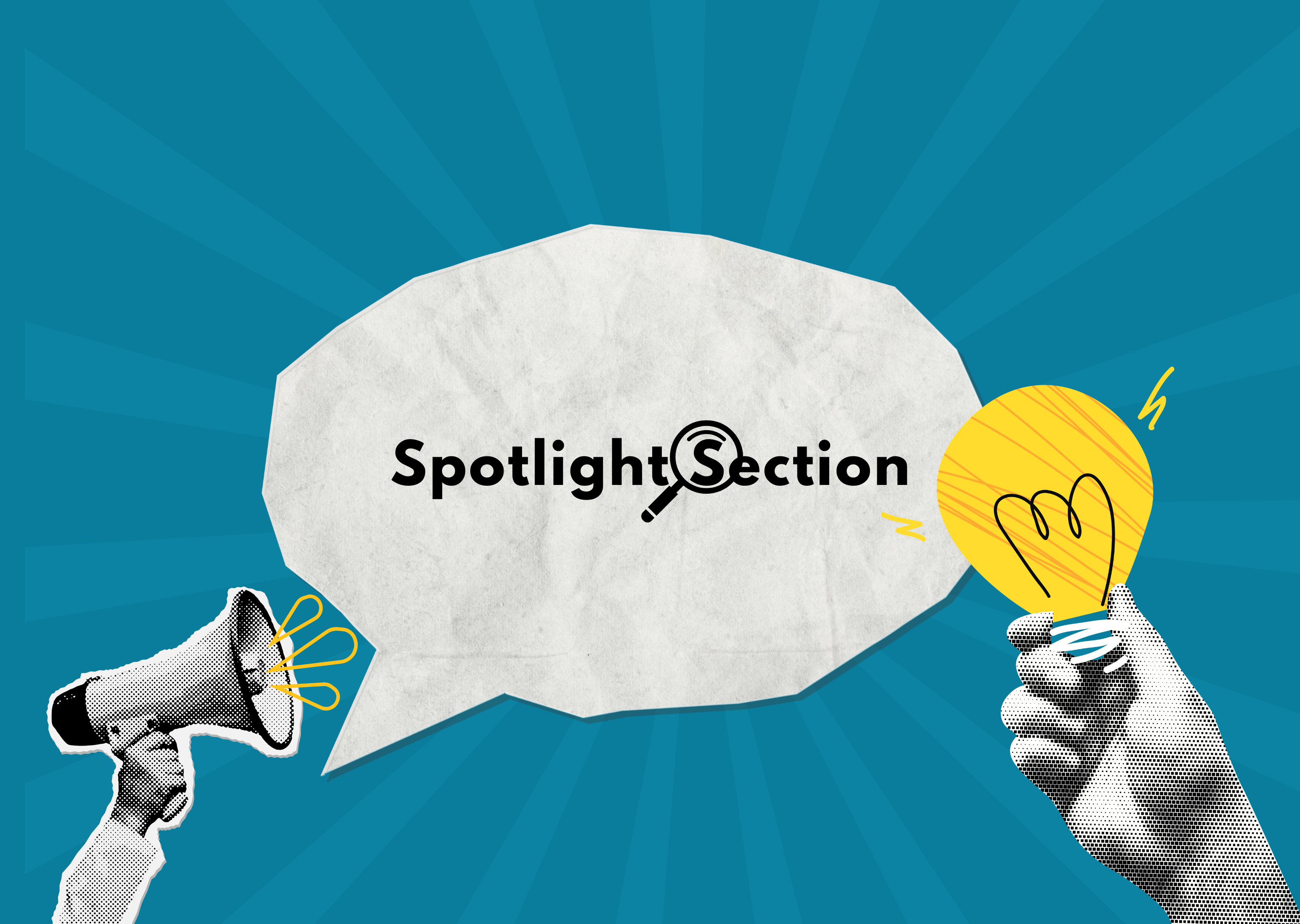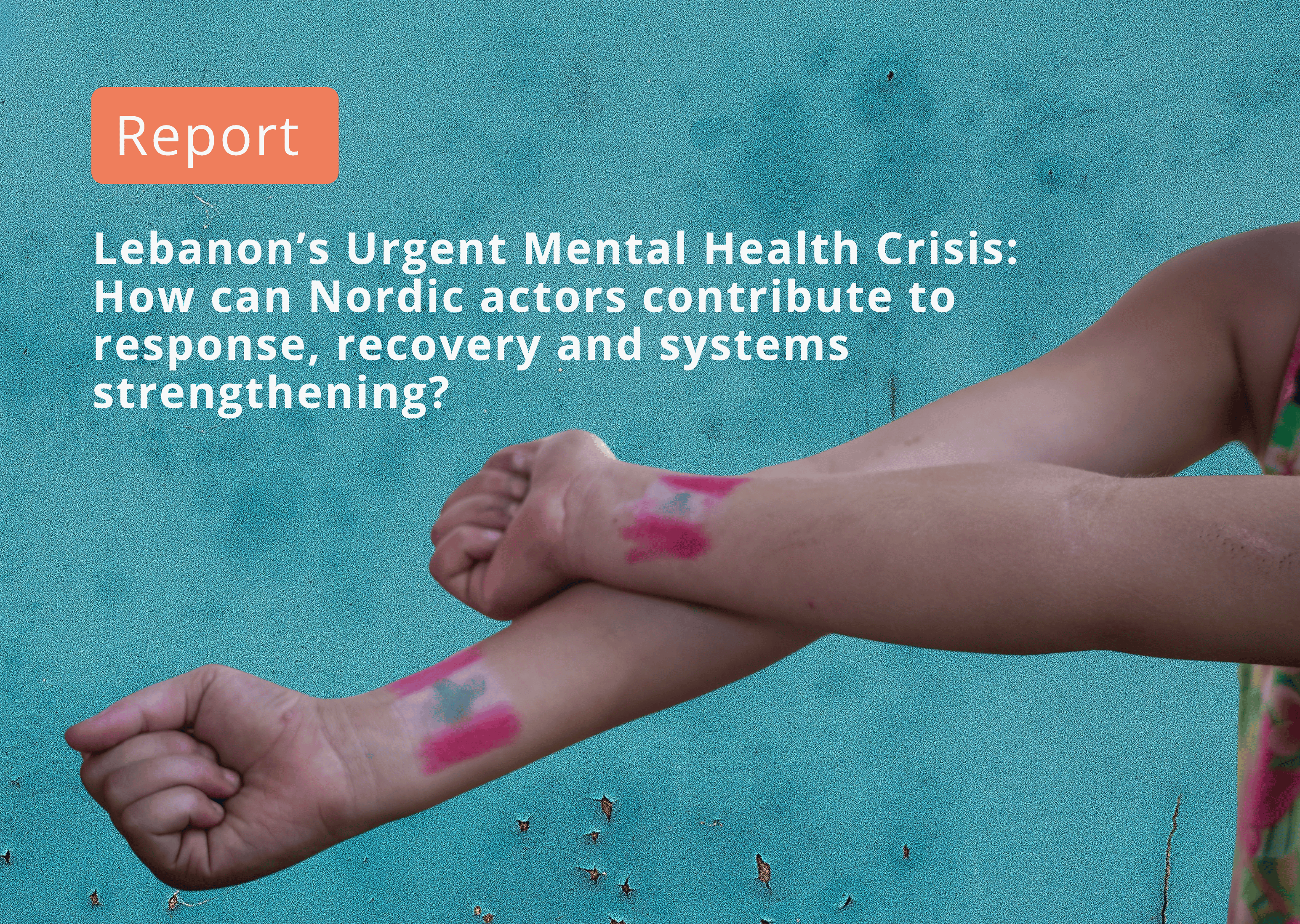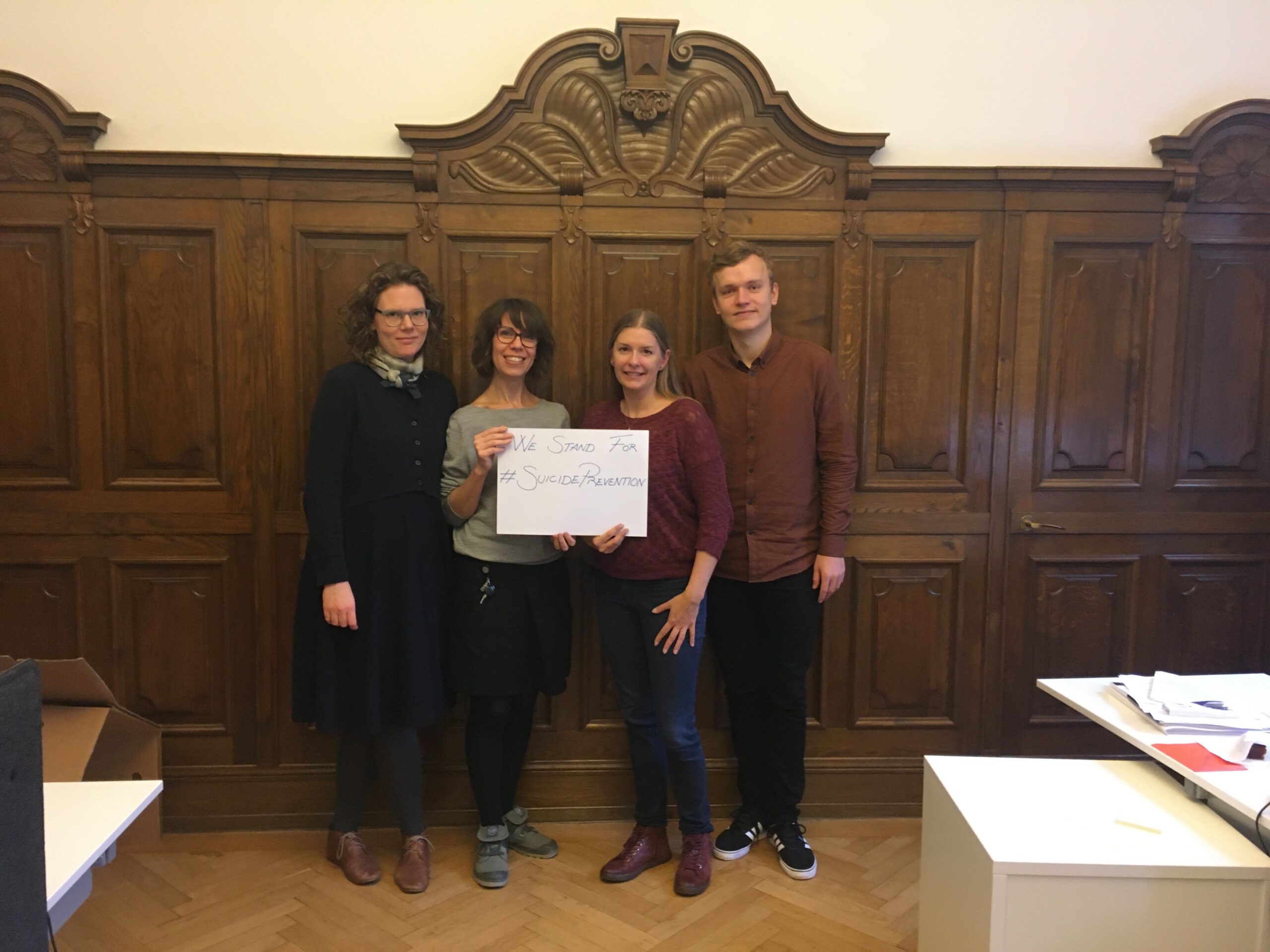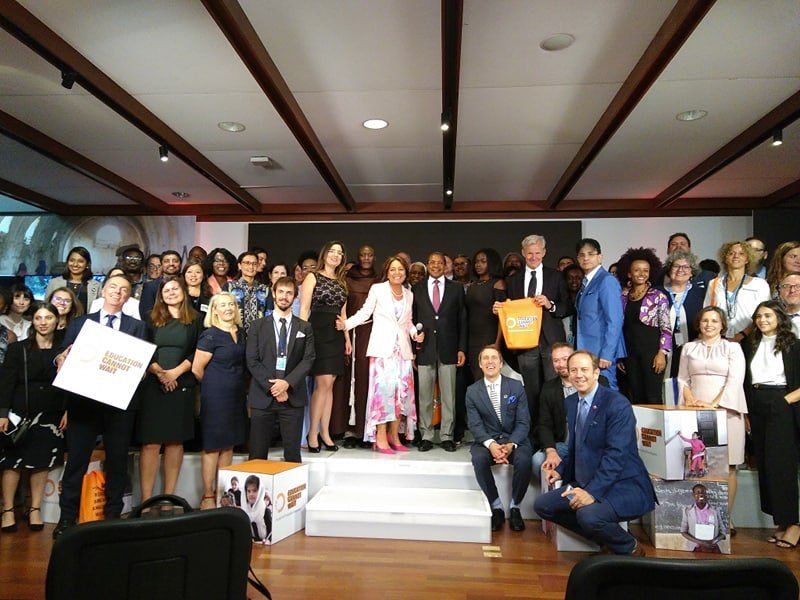As the world marks Mental Health Day on 10th October, our MHPSS and Equity Advisor Maggie Zraly shares her thoughts on what it takes to achieve greater mental health and psychosocial wellbeing equity.
This World Mental Health Day 2021, the world is still tangled in the COVID-19 pandemic – the scale and impact which is difficult to grasp for families, let alone for children and young people. A new UNICEF research conducted in 21 countries in the first half of 2021 shows that on average, 19 percent of 15 to 24-year-olds reported that they often feel depressed. These new figures only give us a partial picture of the impact of the pandemic on children and young people’s mental health and wellbeing, and this makes me wonder about the nature and extent of our current global distress. How can we come to terms with it? How unevenly is it distributed in a world where inequality is rife, carved by intersecting oppressions, racism, the legacy of colonialism, and neoliberalism? In the field of mental health and psychosocial support (MHPSS), these questions raise the issue of preserving the agency of the most affected people and upholding their right to mental health wellbeing, as well as our responsibility as practitioners to decolonize our work so it can be more equitable.
My experience has challenged me to look at how, acknowledging my privilege as a white American with access to higher education, I could play a role in transforming systems that perpetuate discrimination and put people at risk to this distress. Doing fieldwork on resilience in post-genocide Rwanda, I remember what standing with a person feels like when they first lay eyes on the bones, a body, a loved one, recently dug up from where they were killed during the genocide. As an assistant professor of anthropology, I felt driven to share with students a sense of urgency and imperative for learning how to collectively create solutions for pressing global problems, with a particular focus on injustice. Now with the MHPSS Collaborative, I get an incredible opportunity to connect with innovators and researchers of all ages and genders who are interested in building an equitable world that nurtures the mental health and psychosocial wellbeing of every child, youth and family.
Part of this work involves collaborating across disciplines and creating innovative solutions so that millions of children whose lives have been affected by COVID-19 can access resources to cope, such as with the new storybook “My Hero is You 2021: how kids can hope with COVID-19!”, translated in multiple languages. Together with the Interagency Standing Committee MHPSS Reference Group (IASC MHPSS RG), we also worked on developing a resource that can support the integration of basic psychosocial skills in multiple sectors, so that COVID-19 responders of all kinds could better support the wellbeing of people they help and communicate with during the pandemic.
In the past few months, young people are showing us the way with growing movements for on anti-racism, climate justice and peace. For the field of MHPSS, this must be a wake-up call that we must decenter and share the power for people to move in global solidarity toward increased mental health and psychosocial well-being. As grow increasingly aware of the global mental health crisis – which is driven by lack of addressing the social determinants of mental health – we also call on more action, commitment and investment in MHPSS for children, youth and families. The Copenhagen 2020 Action Plan for Child, Youth and Family MHPSS, already endorsed by donors such as the Danish MFA, the Dutch MFA and ECHO, provides a key framework to preserve, protect and promote the mental health and wellbeing of the , including through developing better evidence-based approaches to realize equity.
